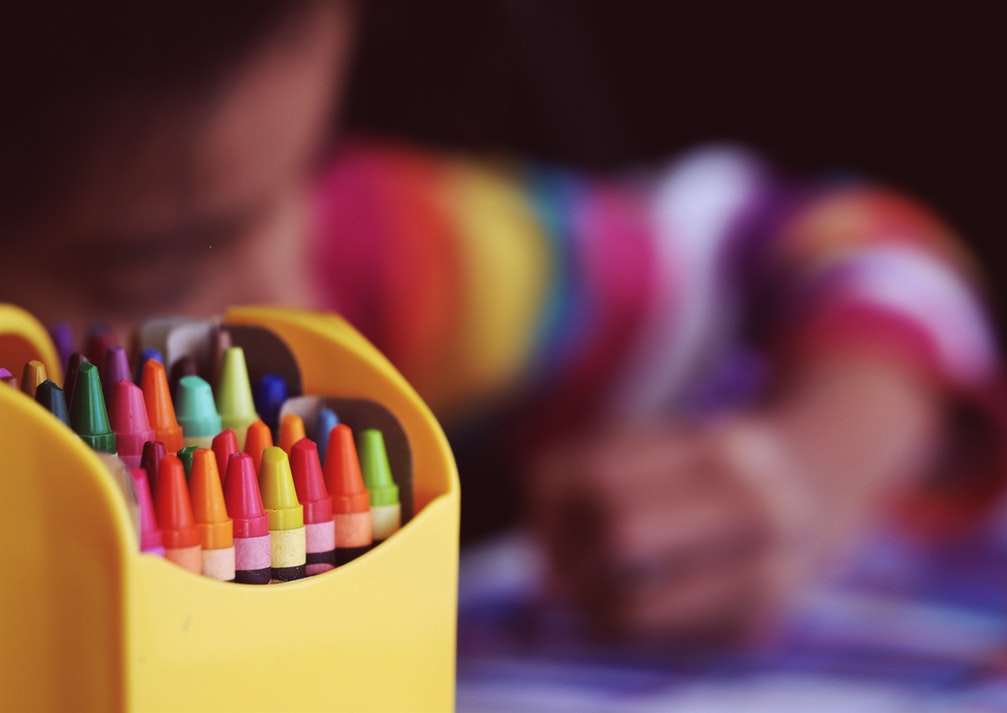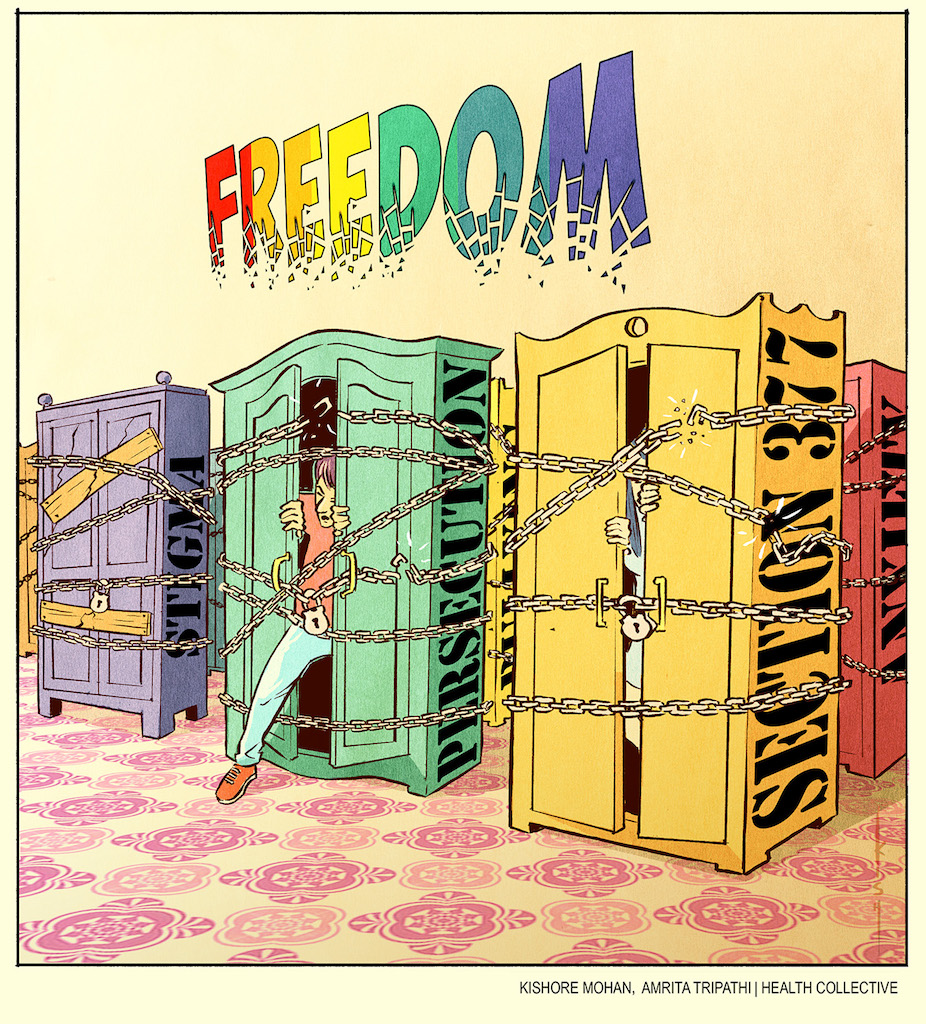Stress and Your Child: What You Need to Know
The American Psychology Association released a paper earlier this year looking at “coping, emotion regulation, and internalizing and externalizing symptoms of psychopathology in childhood and adolescence”, to quote from the abstract. The problem is that we sometimes are completely unaware of the pressure and stress that kids today go through, not just in school but outside of it too. Rapidly changing lifestyles, social structures, and environment affect not just adults, but also children, impacting development and changing behaviour.
Also Read: Lost Voices: The Bigger Picture on Trauma and Abuse
Dr. Niti M Sapru, an adolescent and child psychiatrist working in Mumbai talks to The Health Collective to shed some light on the subject. “Unintentionally or intentionally, parents and/or concerned guardians have been guilty of trivialising issues regarding their young ones,” Dr Sapru tells The Health Collective.
For some kids, stress at school is a serious problem that goes unnoticed. “At times, kids just voice their issues to be comforted, at others to get their busy parents’ attention. Some parents over-react to every issue a child brings home”, says Dr. Sapru.
Also Read: Why So Stressed, Millennials?
Modern lifestyles can also add to stress – with too many activities packed into a tight schedule; high parental expectations and pressure; the need for perfection (for children but also in parenting techniques) – all in all burdening the child with too many responsibilities a little too soon.
“A child’s growth is defined entirely by the adult that raises him.”
― Naoki Urasawa
The stress that adults go through is very much capable of being passed on to the kids because they always seem to be worked up about their issues. Economic uncertainty, financial burden, job responsibilities are all factors that give parents a headache. Guess what, your kids are picking up on all of that. And then of course there are lessons we want them to learn, to be ready for “life”.

(‘Bullying’ by Solo exclusively for The Health Collective)
“I’ve always taught my kid to be independent and responsible. I know children will be children of course, but inculcating a habit of self-dependence will come a long way for them”, says Smriti Aggarwal, mother of an 8-year-old daughter in Jaipur.
Apart from academic pressure, what other kind of stress are kids facing today?
Dr. Sapru shortlists some for The Health Collective:
-
Issues relating to bullying, including cyber bullying, are on the rise
-
Children’s exposure to violent video games or TV content (often unregulated)
-
Anxiety is on the rise, social as well as panic attacks as well as issues with body image.
-
Rise in the number of children with Obsessive compulsive disorder
-
History of bad touch*: Sexual abuse for children, young adults or adolescents.
These are serious problems that need immediate attention from parents and school authorities.
Find Helplines for Counselling on Child Sexual Abuse
How to prevent further damage, and introduce safe dialogue?
-
Start awareness programs in schools for parents
-
Parents should also stay updated with latest information on mental health, signs and symptoms, and be alert to any drastic changes of behaviour or children withdrawing, or showing signs of distress
Dr. Sapru talks about our culture that limit the parents recognising signals of stress because they believe the child will always be honest with them, never lie/hide anything from them.
This attitude needs to turn to allow children to be able to have a safe dialogue with the adults. “Parents have to educate their children regarding these issues in an age-appropriate manner, helping them in overcoming their discomfort, and seeking professional help if they so wish,” says Dr. Sapru.
Also Read: Ask the Teens, the Insta Generation
Preeti Yadav from Jaipur recalls the time her son would always seem distracted, and it worried her.
“At first I thought it was something every child goes through, but over time I realised that maybe he needs my help. I’m glad we got the professional help, and in a manner that didn’t make him feel uncomfortable,” she tells The Health Collective.
It is important that as adults we keep our eyes and ears open to notice signs of stress in kids who don’t understand the process to cope with such feelings of anxiety, depression, panic attacks, personality disorders, and other illnesses that make them feel “alone”. Most certainly, the after effects of traumatic events spiral unto adulthood if gone unnoticed, and not addressed earlier.
Take notice, start a dialogue… And remember, oftentimes the conversations need to start at home.
*Editor’s Note: Please have conversations on Good Touch, Bad Touch and encourage your children to talk to you or trusted adults in case anyone violates their space
Material on The Health Collective cannot substitute for advice from trained professional. Views expressed are personal.




